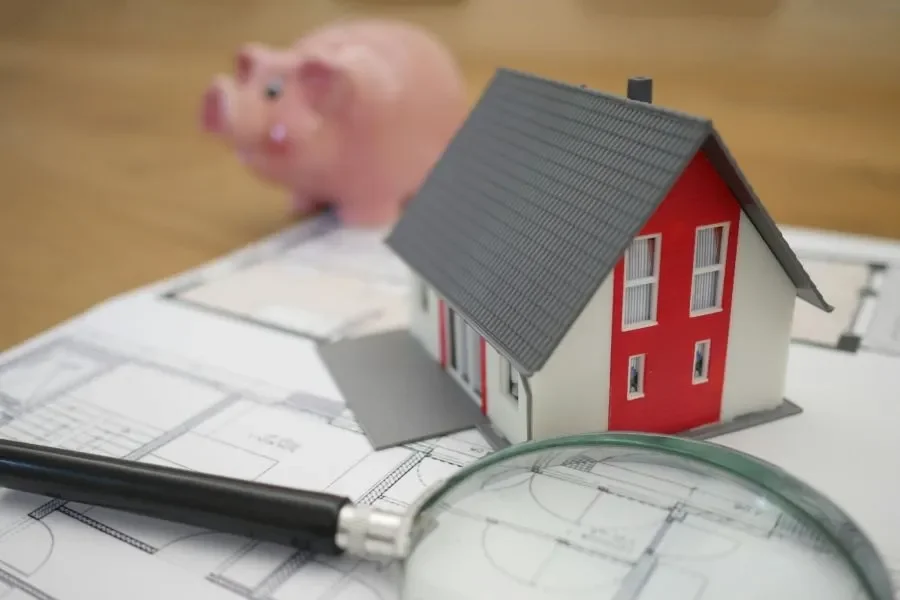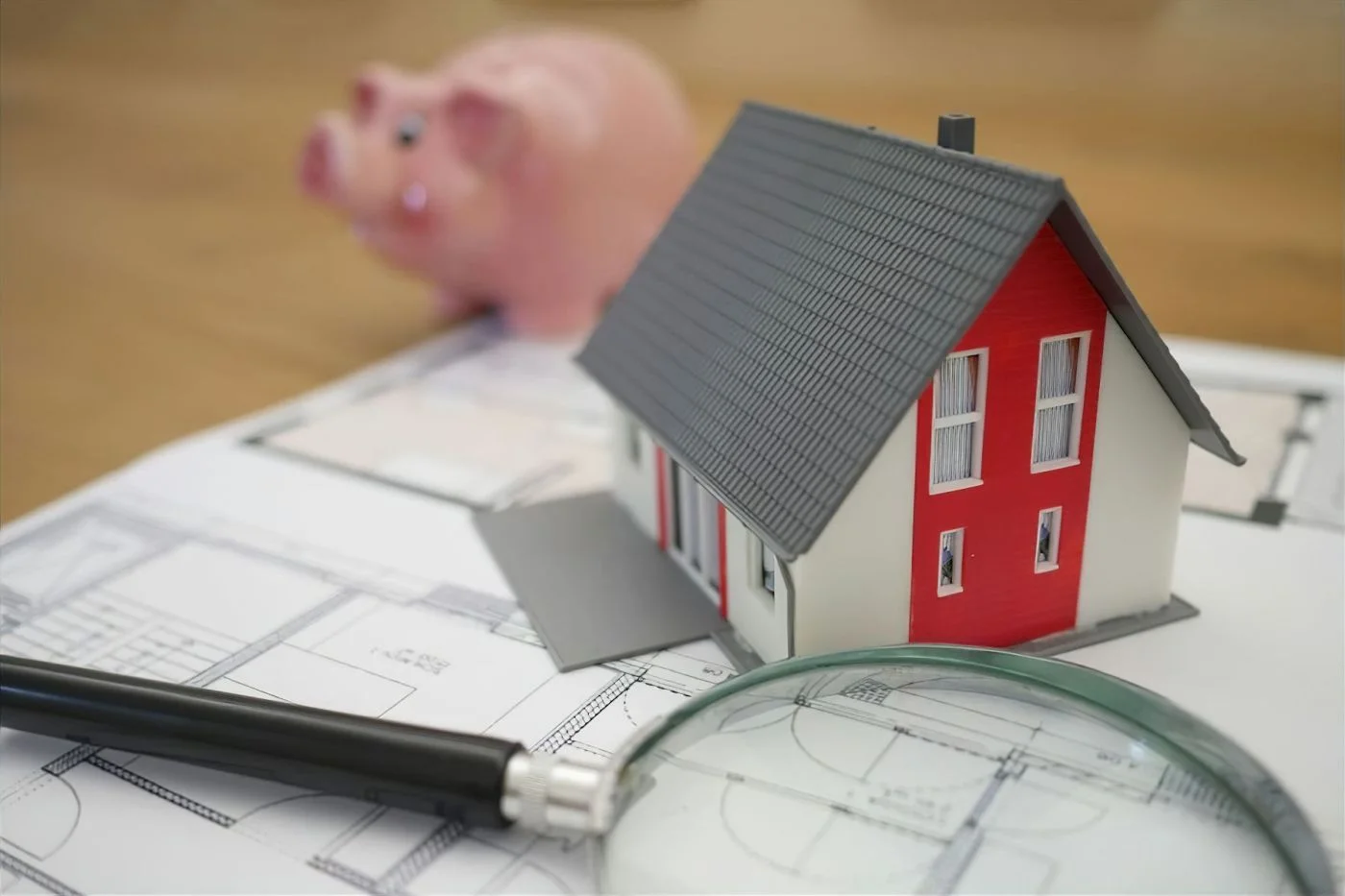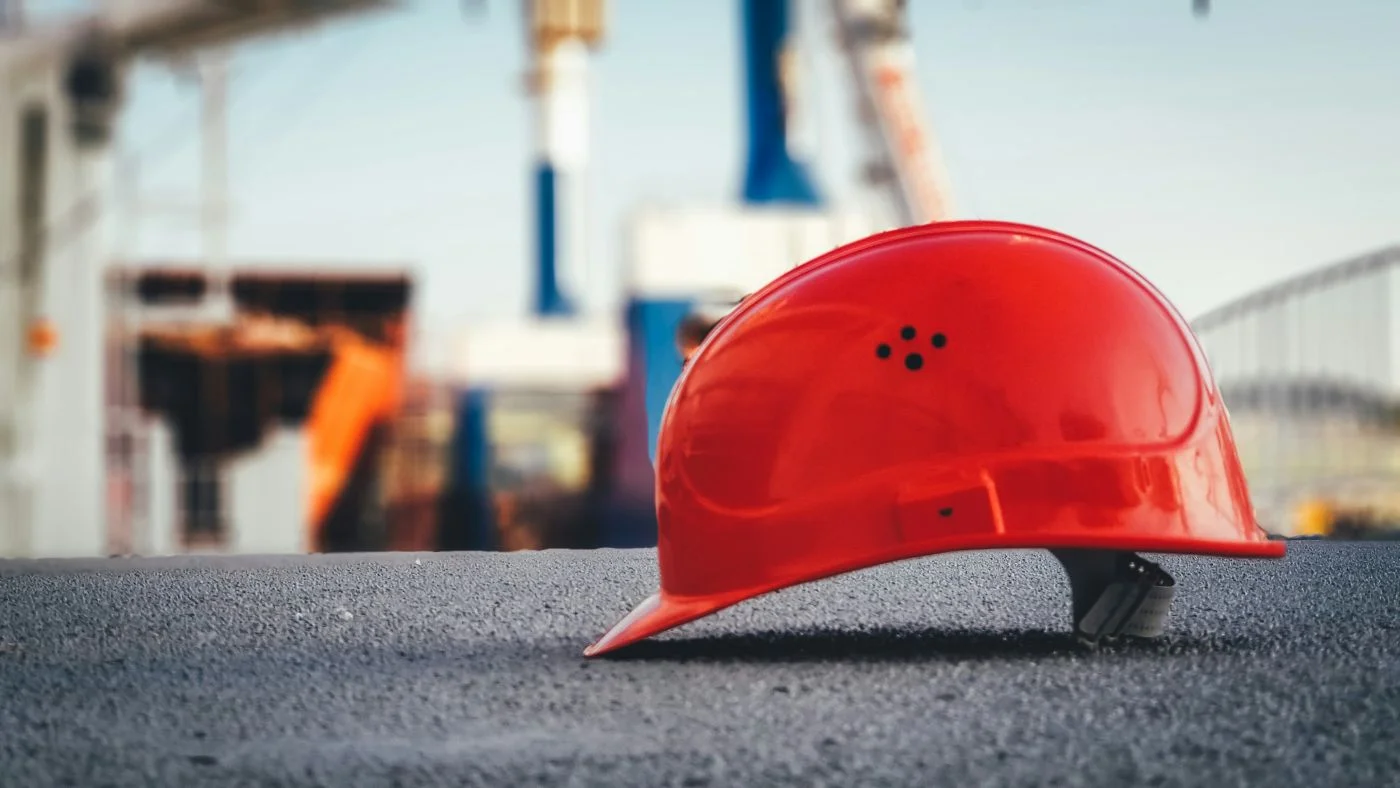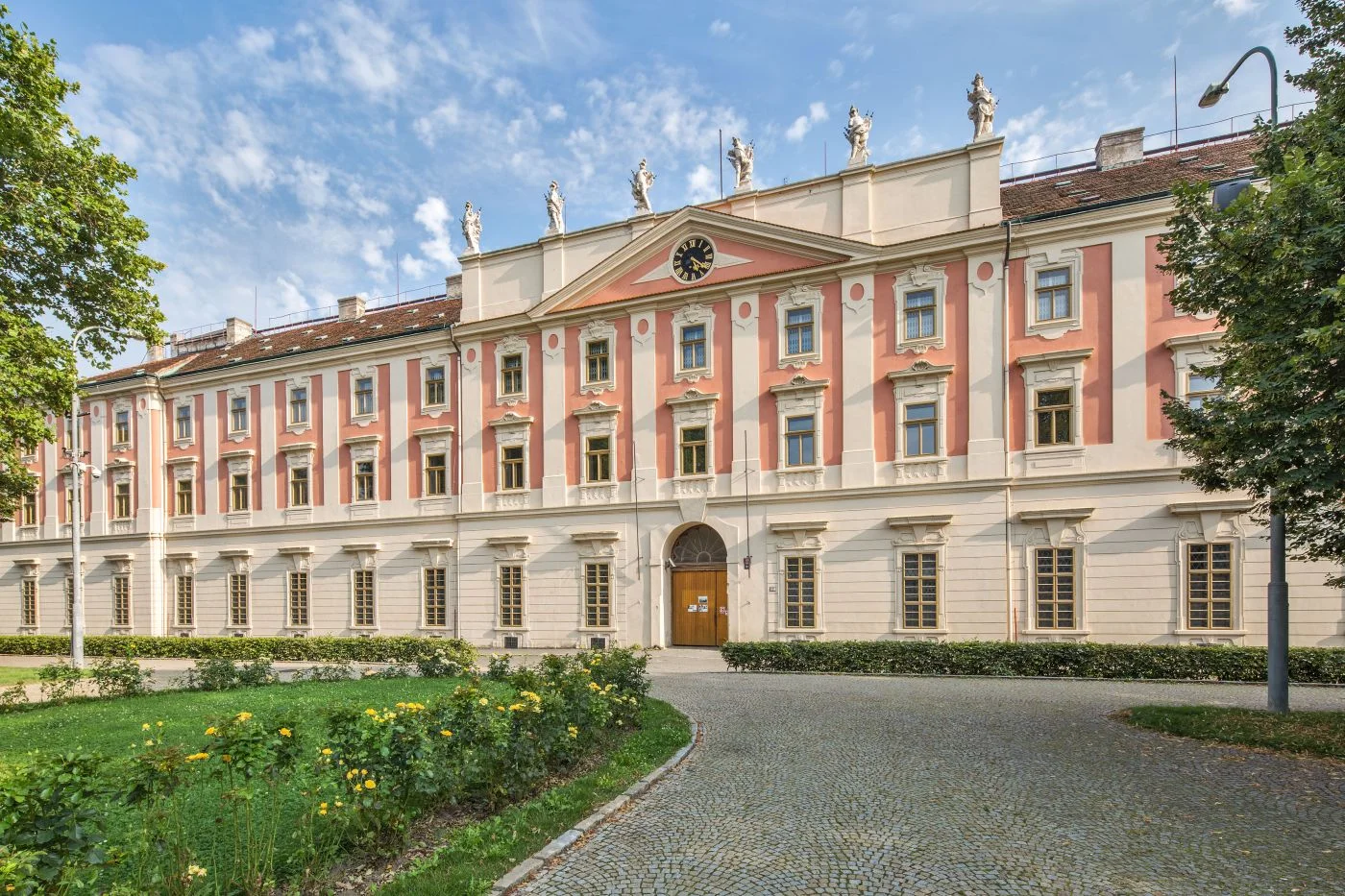
150,000 New Flats in the Pipeline – But Living in Prague Is Becoming Increasingly Expensive
Demand at Record Levels, Supply Shrinking
Foto: Tierra Mallorca | Unsplash
Housing construction is stagnating and prices are rising: living in Prague is becoming increasingly unaffordable. Despite plans for 150,000 new flats, an inefficient planning approval system is hindering progress – and driving prices even higher.
Despite ambitious plans to create new housing, living in Prague remains unaffordable for many. According to current analyses by Central Group, the largest Czech residential developer, there are currently almost 150,000 new flats at various stages of planning in the capital. Yet the market is hardly feeling the impact. The reason is the ongoing, extremely slow and complicated approval process, which is significantly delaying construction – with serious consequences for the availability and affordability of housing.
According to the latest CG Index, Prague households now need 15.5 times their gross annual salary to afford an average new-build flat of 70 square metres. This makes Prague the city with the lowest housing affordability in all of Central Europe.
Demand at Record Levels, Supply Shrinking
The Prague property market is currently experiencing unprecedented demand. In the first quarter of 2025, around 2,550 new flats were sold – almost two-thirds more than in the same period last year. It was the strongest first quarter since systematic records began over 15 years ago. At the same time, supply declined by six percent compared to the beginning of the year. As a result, prices for new-build properties rose by ten percent year-on-year – more than in any other Central European capital.
Around 150,000 Flats in the Pipeline – But Little Movement on the Market
At first glance, the figures appear promising: according to Central Group, around 150,000 new flats are currently in the pipeline in Prague – an all-time high. But the reality is quite different. The approval system remains a major bottleneck. On average, only around 6,000 new flats are approved each year in the Czech capital. According to the IPR urban planning institute, at least 10,000 per year would be needed to meet actual demand. Over the past 20 years, this has led to a backlog of nearly 100,000 flats.
‘Speeding up approvals is absolutely necessary – but not sufficient,’ explains Dušan Kunovský, CEO of Central Group. ‘We also need more flexible and faster procedures in spatial planning to allow construction to take place at all. In Žižkov alone, it took over 16 years to amend the land use plan. And another problem is excessive regulation, which not only complicates construction but also makes it unnecessarily expensive.’
Billions in Losses for the State, the Economy and Prospective Homeowners
A functioning construction sector benefits not just developers, but the state as a whole. Planned projects in Prague could provide new homes for up to 300,000 people and deliver a major economic boost. The construction industry is one of the most important sectors, with a strong multiplier effect. Construction activity alone could inject hundreds of billions of crowns into the economy – almost 190 billion in VAT alone for the state. In addition, there would be tens of billions more in contributions for the city.
‘The fact that the state has failed to accelerate the approval process for years ultimately harms everyone – public finances, businesses and, not least, those looking for housing,’ says Kunovský. ‘Because of these unnecessary delays, buyers today are paying around 15 percent more for a flat than would actually be necessary.’
Prague Remains the Unfortunate Leader in Housing Costs
With the growing housing shortage, affordability continues to deteriorate. Financing an average new-build flat in Prague now requires 15.5 gross annual salaries – an increase of around one full year’s salary compared to autumn 2024. Back in 2015, this figure was still 10.5 annual salaries. Prague therefore remains the least affordable city for housing in the entire Central European region.
More from Real Estate

ČSOB Housing Index: Property Prices in the Czech Republic Rise Significantly in 2025


